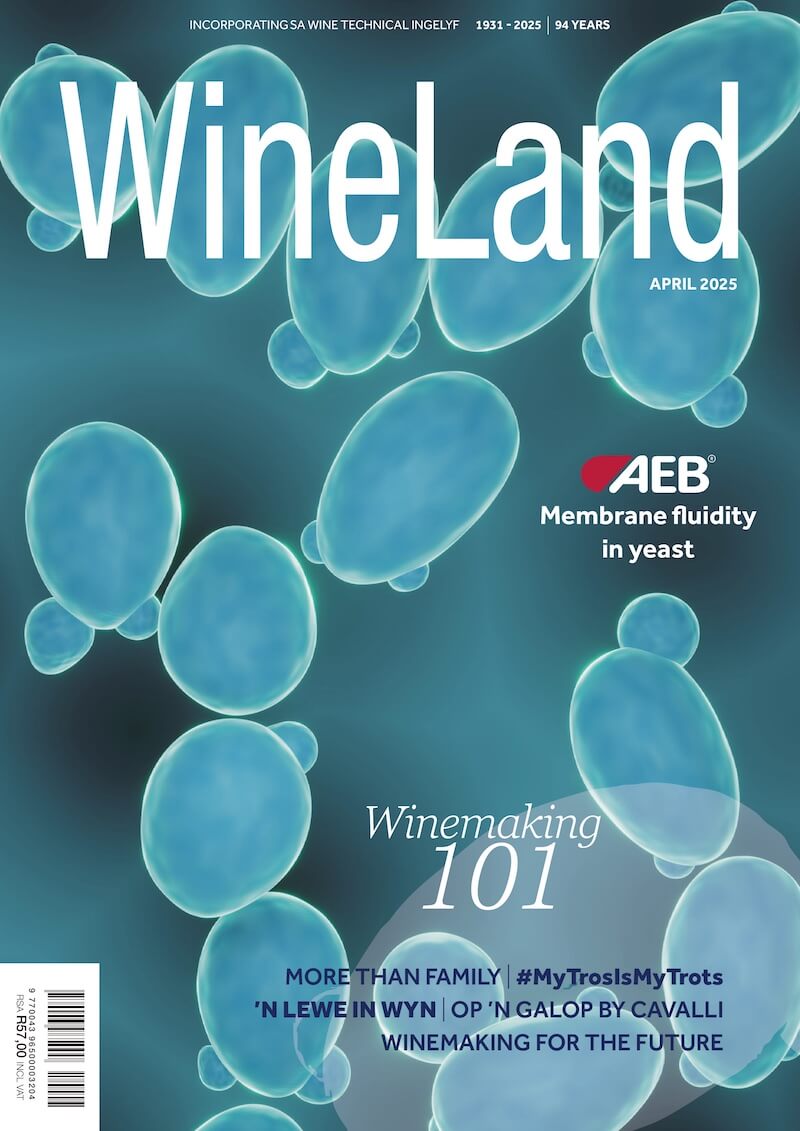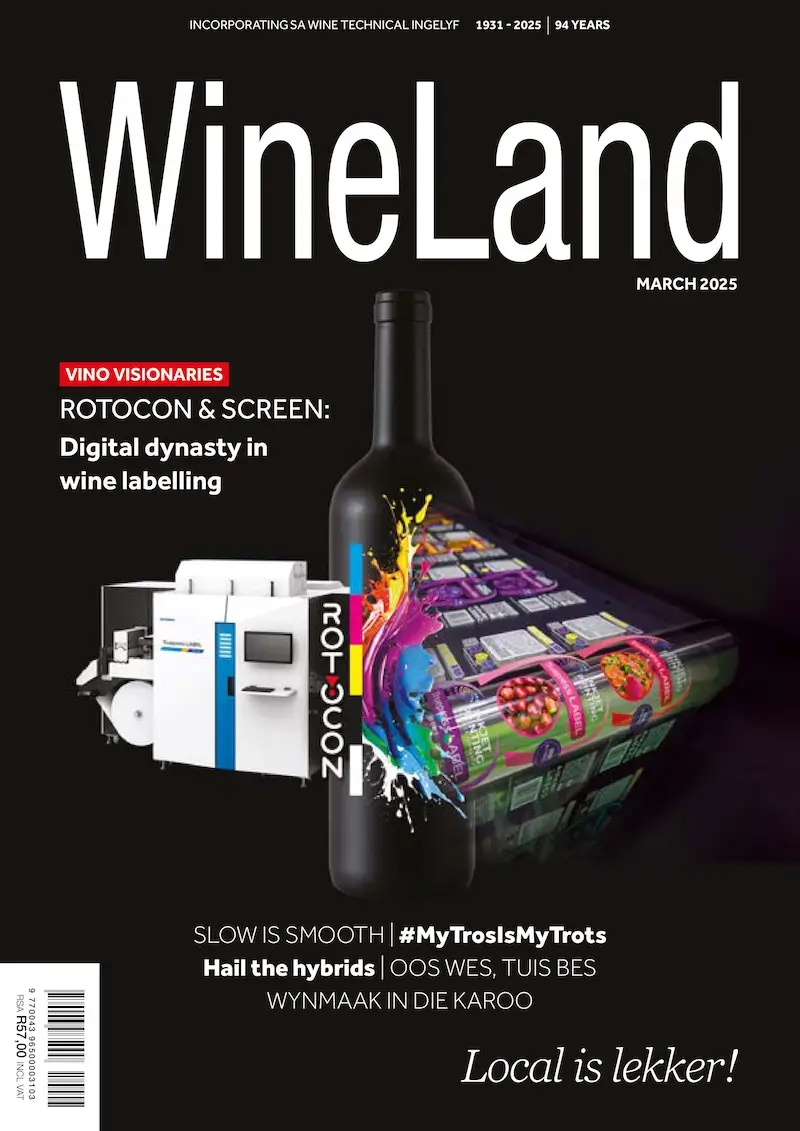Born and raised in Worcester and Paarl, Chef Hannele Strydom’s family events and celebrations were always based around cooking together and enjoying a delightful meal. It’s no wonder those joyful memories ignited a lifelong love for cooking.
Hannele matriculated in 2011 and studied at TCA, now known as The Hurst Campus. Industry training was a key component of her two-year hospitality studies. In her first year, she trained at La Petite Ferme under the guidance of Chef Neethling Du Toit, whose mentorship had a lasting impact. Her second year was focused on front-of-house training.
After graduating in 2013, Hannele returned to her hometown of Worcester and began working as a kitchen assistant at a guest house and wedding venue in the nearby town of Rawsonville. She moved back to Paarl the following year and found a position at GlenWood Vineyards in Franschhoek, where Chef Melissa Bird played a key role in shaping her culinary journey. In 2018, Hannele assumed her first leadership role in a kitchen when she was promoted to Head Chef at GlenWood.
That year brought a new opportunity when her husband, Dennis, also a chef, received an offer that would advance both their careers. The couple relocated to Newcastle, KwaZulu-Natal, where Hannele served as Head Chef and her husband as Executive Chef at a boutique hotel until 2019.
In 2020, they returned to the Western Cape, drawn back by the beauty of the mountains and vineyards they had missed dearly. Just three months before the COVID-19 outbreak, Hannele began working as Head Chef at Wagon Trail Brewery. Unfortunately, like many in the industry, both she and her husband lost their jobs due to the pandemic.
They explored a few ventures before settling once more in Worcester to work at a training facility for students living with disabilities. Hannele finally returned to her culinary roots in 2024 as Head Chef at Muratie Farm Kitchen, where she is currently based.
Why is it important for you to have a solid understanding of wine?
Understanding what wine consists of makes my life as a chef much easier when it comes to writing menus paired with our wines. It also brings balance and harmony to the company as both sides work together to produce magic.
How has learning about wine influenced the way you approach flavours and creativity in your kitchen?
It opens up doors to flavours that you would not normally put together. For instance, a Merlot poached pear with a blue cheese semi-fredo paired with a sweet wine gives the illusion of a cheese platter and wine. In other words, you think differently about ingredients, see them for what they are, and start seeing them for what they could become.
What wine and one food pairing would you suggest WineLand readers try in July?
Ostrich steak with a butternut, carrot puree, and roasted cauliflower paired with a 2015 Merlot.
What makes a pairing work?
Ostrich is a very lean meat with a very mild flavour profile. It pairs well with the softness of a Merlot, the earthiness of the butternut, and the smokiness of the cauliflower, which brings out the light oak flavours of the wine.
What does your relationship with the winemaker at Muratie look like? Do you collaborate on pairings or specific concepts together?
Absolutely. I’ve been working with our winemaker, Hattingh de Villiers, this winter on the menus for our Winemaker Dinners in July and August. We taste the wines, chat about seasonal produce, and build the pairings from there.
Do you think your food has changed the way people experience or appreciate wine at Muratie? How have you contributed to the wine journey?
I would like to believe that we have opened some of our guests’ eyes to new things based on the wine suggestions we make with our menu. There is still a lot for me to learn on this wine journey, so we will see where it takes us.
How do you see the future of wine tourism in South Africa, especially when it comes to food and wine experiences?
The future of wine tourism in South Africa looks increasingly dynamic. It strongly emphasises integrating food and wine experiences. Several evolving trends suggest that this synergy will be at the heart of how the industry helps with growth and innovation.
What’s the secret to being a great chef?
Being a great chef is far more than mastering techniques, creating beautiful dishes, or becoming the next best chef. The real secret lies in remaining curious and humble and in learning from the chefs around you.













